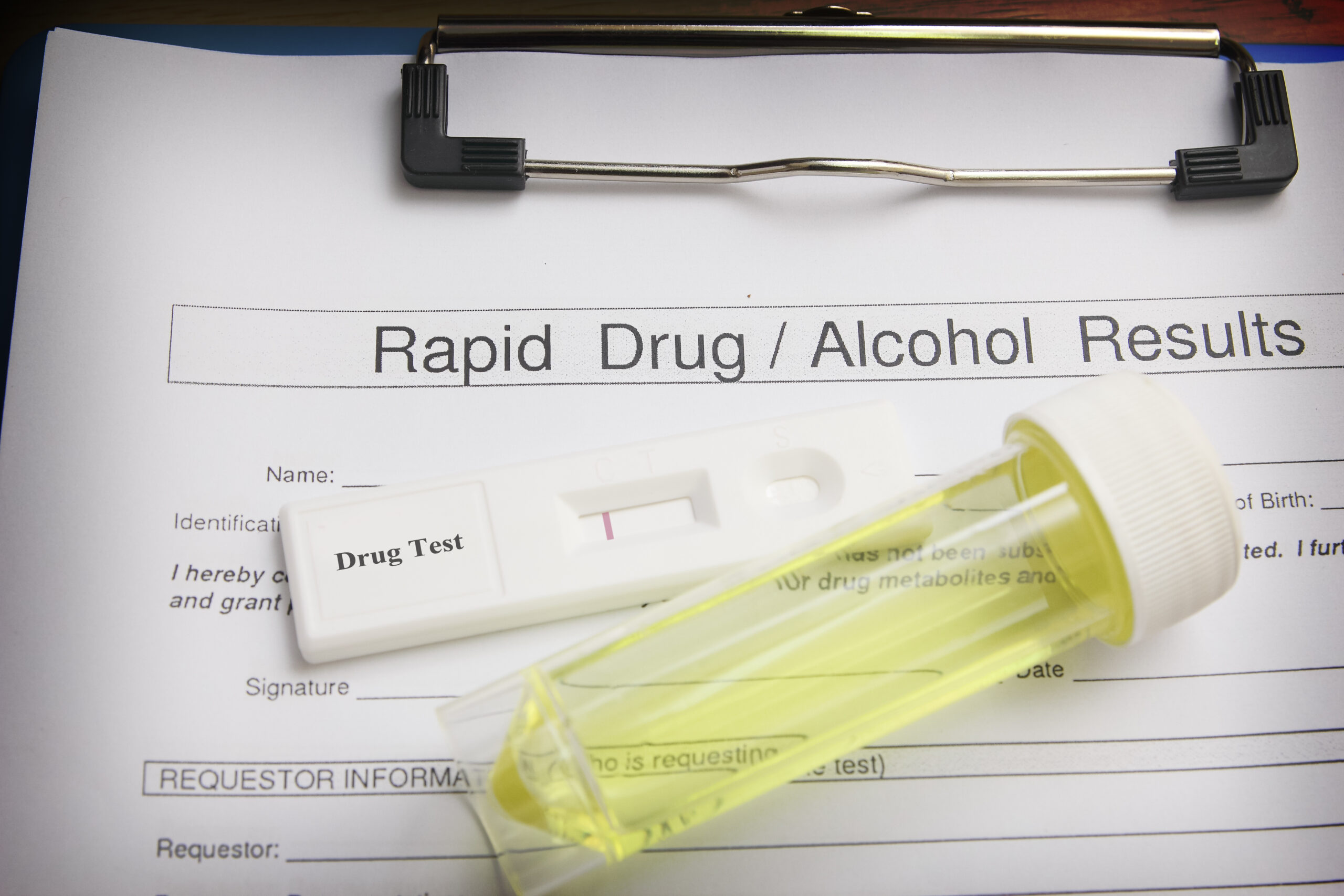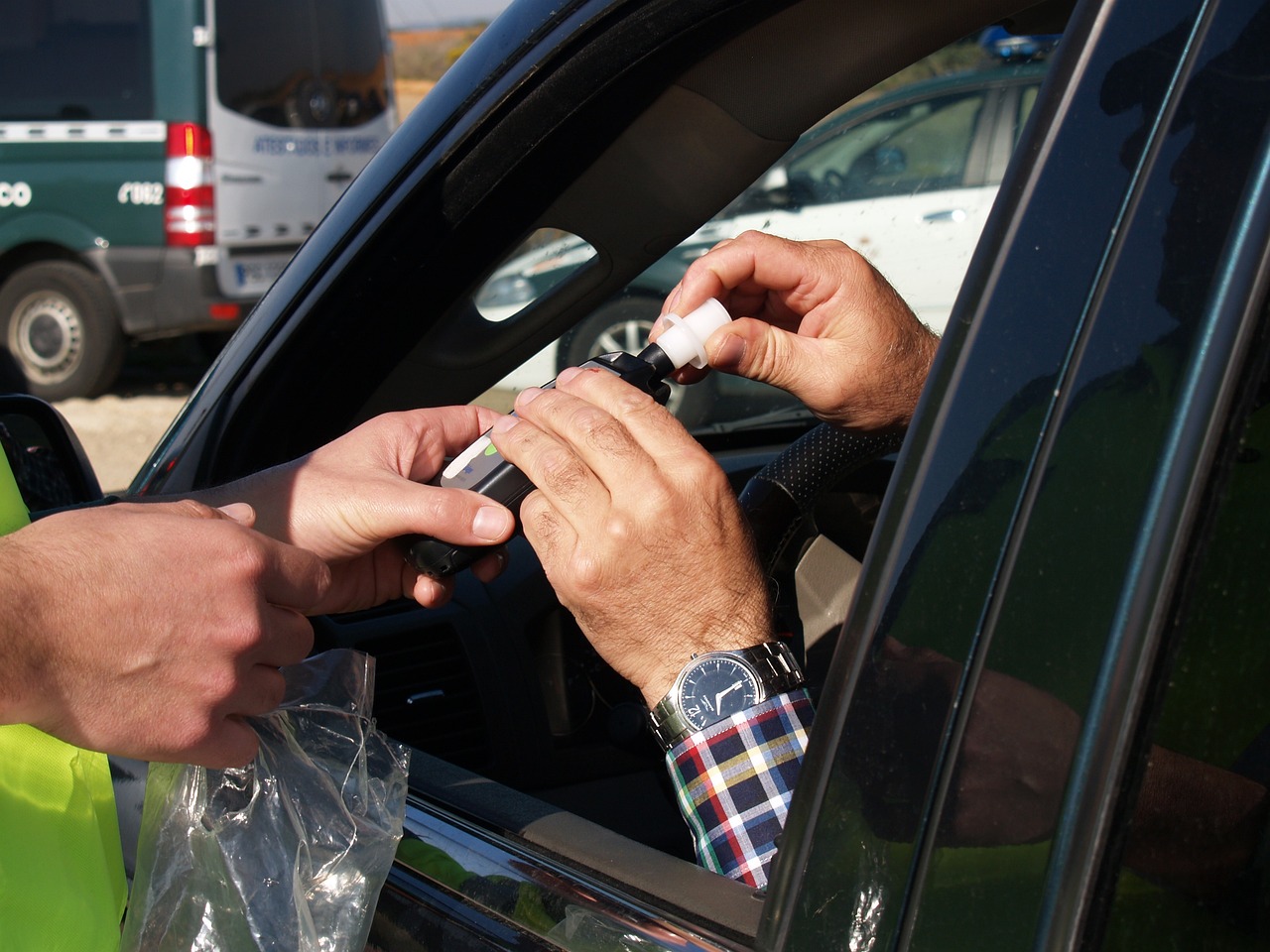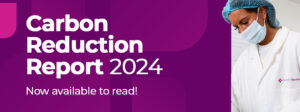Navigating Workplace Drug Testing: Understanding Different Scenarios
In today’s professional landscape, workplace drug testing has become an essential aspect of maintaining safety, productivity, and adherence to company policies. Employers use various drug testing scenarios to promote a drug and alcohol-free workplace and mitigate risks associated with substance use.

This article discusses different workplace testing scenarios to support company standards, promote wellness, and ensure workplace safety. There is a diverse range of drug testing scenarios and implementing these requires a balance between promoting workplace safety and respecting employee privacy. Ensuring clear communication of drug testing policies and procedures is essential to foster trust and compliance among your employees.
As an organisation, it is important to understand the nuances of workplace drug testing scenarios to create safe and productive work environments. By embracing practices thoughtfully and transparently, employers can cultivate a culture of accountability and well-being.
Let’s delve into the different types of workplace drug testing scenarios and their significance:

Pre-Employment Testing
This type of testing is conducted as a condition of employment and is typically done after a job offer has been made but before the candidate starts working. It helps employers ensure that potential employees are not currently using drugs.
Random Testing
Random drug or alcohol testing involves selecting employees for testing at random intervals, without prior notice. This type of testing helps deter use among employees and ensures compliance with company policies.
Post-Accident Testing
Employees involved in workplace accidents or incidents may be required to undergo drug testing to determine if drugs or alcohol contributed to the event. This is done to ensure workplace safety and to identify any potential risks.
Reasonable Suspicion/For-Cause Testing
If an employer has reasonable suspicion that an employee is under the influence of drugs or alcohol while on the job, they may require the employee to undergo testing. This suspicion could be based on behaviour, performance, or other observable factors.
Periodic/Regular Testing
Some employers conduct testing periodically for all employees as part of their ongoing efforts to maintain a drug or alcohol free workplace. The frequency of testing may vary depending on company policies and industry regulations.
Return-to-Duty Testing
Employees who have undergone drug or alcohol rehabilitation or treatment may be required to undergo testing before being allowed to return to work to ensure that they are no longer using a substance.
Follow-Up Testing
Employees who have tested positive for drugs or alcohol may be subject to follow-up testing as part of a rehabilitation or monitoring program. This helps ensure ongoing compliance with company policies and helps support employees in maintaining a drug or alcohol free lifestyle.

Each of these testing scenarios serves a specific purpose, such as promoting workplace safety, preventing drug or alcohol related incidents, and maintaining a productive work environment. The specific types of testing you want to implement may vary depending on factors such as industry regulations, company policies, and the nature of the work being performed.
It is good practice to continuously monitor the effectiveness of your chosen testing scenario and then adapt policies as needed based on evolving legal requirements, industry trends, and organisational changes.
A business should strategically select the most appropriate workplace drug testing scenario that aligns with your unique needs and priorities while promoting a safe and productive work environment.
Remember, workplace drug testing is not just about compliance—it’s about creating a workplace where every individual feels valued, safe, and empowered to perform at their best.



